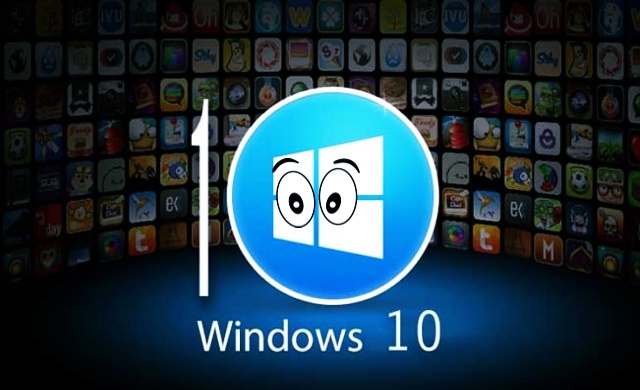It's no secret that most civilian information in the United States is not secret. But just how bad has the encroachment on our privacy gotten? In a
new Pew Research Center report, it seems that the cognitive dissonance of the American Dream is frustrating, but still not something people feel ready to fix...even though it is more critical now than ever to stop the erosion from the invasion.
 |
It's not just a feeling. It's their first move.
(Image courtesy mb.com.ph.) |
The Washington Post reports that a recent study indicated Americans were very aware of the "privacy dystopia" they were living in, with 61% stating that they "would like to do more" to protect their online information. Over 90% were aware that they had "lost control" over how private organizations were able to obtain and utilize their personal information.
Unfortunately, 55% were admittedly willing to trade personal information for free services online, which doesn't seem to be in line with most peoples' stated desires for privacy (yes, it DOES require sacrifice of some things, unfortunately, but perhaps someday with effort, that could be changed. Cognizance of this is the first step to correcting it.)
 |
Whatever this is, it isn't worth your security.
(Image courtesy news.softpedia.com.) |
Other data from the report included some interesting findings:
-60% reported that revealing data to companies over the internet did not significantly improve their online experience
-88% did not trust advertisers the majority of the time
-82% did not trust the government all or most of the time
-Only 24% felt they could be easily anonymous online
-Perhaps most importantly, over 60% disagreed or strongly disagreed with the statement "it is a good thing for society if people believe that someone is keeping an eye on the things that they do online."
Cell phones, land lines, and social media site security were also assessed, but the overall results were clear: the snooping needs to stop. And until we cease squandering our own operational security or surrendering our data for the benefit of fleeting internet fun, this is going to be difficult to change. It is no longer enough to disagree with privacy-violating practices - consumers and citizens must make the powers that be stop shamelessly snooping and selling our security. Big Brother has become a bully, and it's time to fight back.
 |
More technological shutters must be closed to block a variety of prying eyes.
(Image courtesy nypost.com.) |



